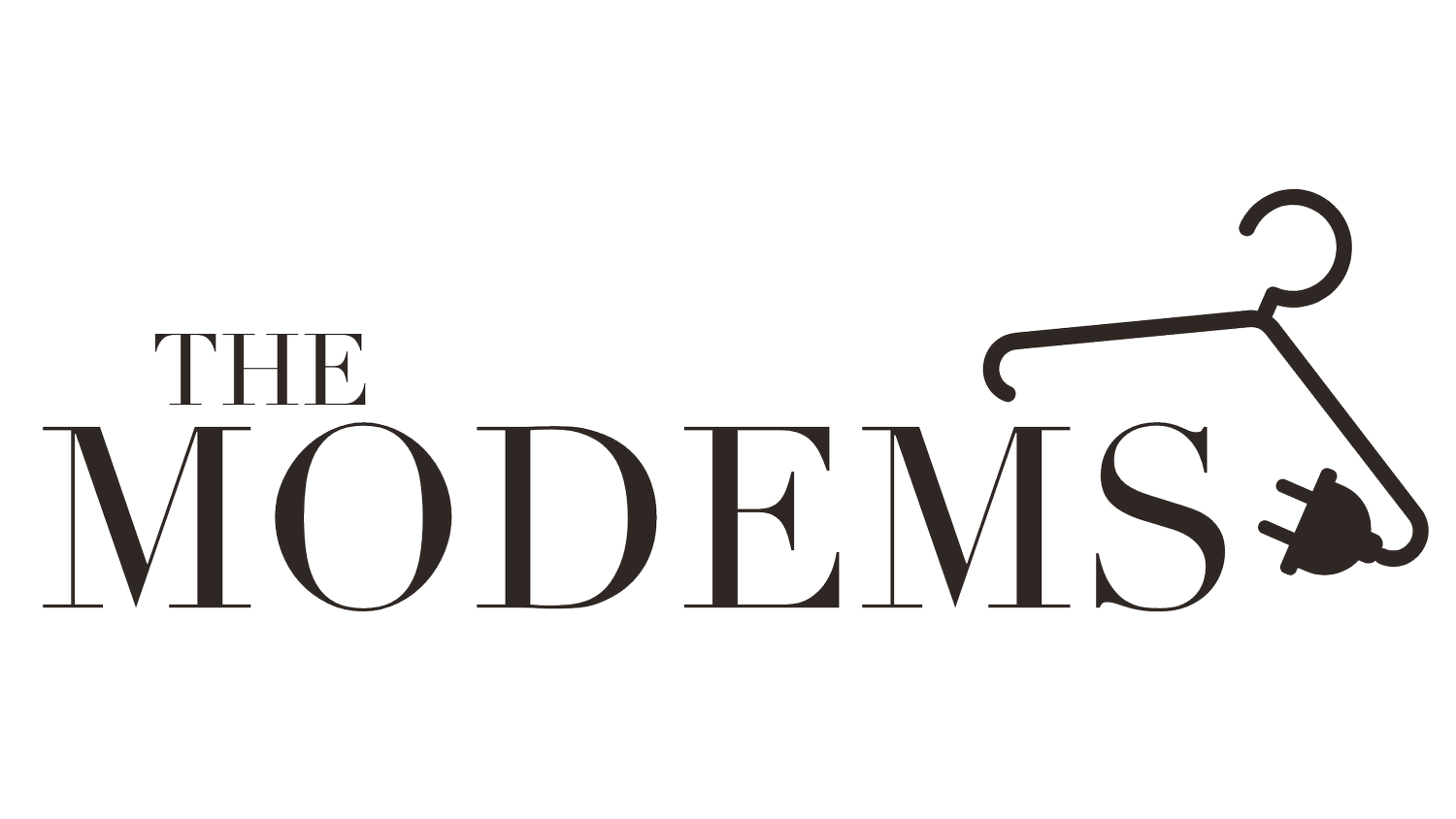Teens are using social media to diagnose themselves with mental health issues
‘Neurodivergent’ content is the latest trend making its way across TikTok
Move over WebMD, TikTok and Instagram have become the new self-diagnosis hubs for teens.
Parents are sounding the alarm as their kids dive deep into mental health content on these social media platforms. Forget memes and recipes; some teenagers are now scouring videos to match their symptoms with mental health conditions like it's a fashion trend.
“Teens are coming into our office with already very strong opinions about their own self-diagnosis,” child and adolescent psychiatrist Dr. Larry D. Mitnaul told CNN, “When we talk through the layers of how they came to that conclusion, it’s very often because of what they’re seeing and searching for online and most certainly through social media.”
It's not just the occasional curiosity; these young self-diagnosticians are fully embracing their supposed ailments. From ADHD and depression to autism and agoraphobia, the list keeps growing.
Experts are worried about this social media craze. The internet has its perks, and some teens do find genuine help and support online. But when they start diagnosing themselves with obscure disorders, things get messy. Mislabeling can be a slippery slope; people could end up thinking they need medication for something they don't even have.
So who's to blame for this self-diagnosis spree? Some think it’s the creators on these platforms. Teens are gobbling up their mental health content, taking it as gospel truth. Turning to influencers and ‘TikTok therapists’ instead of certified psychiatrists.
@connordewolfe It’s tradition. Thank you for 3 mil❤️ #adhd #fyp #comedy #superpowers ♬ original sound - Connor DeWolfe
Parents are caught in a dilemma. They're trying to figure out if TikTok helped them uncover important issues or if it led them on a wild goose chase. It's like a real-life episode of 'Doctor House' - minus the doctor.
Social media companies claim to care about users' well-being. But let's be real, they're also trying to keep the attention on their platforms. The algorithms love to feed more mental health content to those who are already devouring it like candy.
So, what's the prescription for this? Some experts say algorithms need an update, like a pop-up saying, "Hey, take a break." But do social media platforms really want to tone down their engagement machines? We'll see.
Meanwhile, the battle for teens' mental health rages on, online and offline. The US Surgeon General issued an advisory note back in mar that stated social media use presents “a profound risk of harm” for children and teens, and also called for increased research into its impact on mental health for this demographic.
@olivialutfallah Do you have a sensory swing🤭?! Stay tuned for future videos on everything you need to know about them! #fypシ #foryoupage #fyp #adhd #adhdtiktok #neurodivergent #sensorytoys #sensoryswing ♬ The popular sound - Sam
Some adults have benefited from finding support on social media. But teens are more at risk because they are more likely to jump on the self-diagnosis bandwagon than adults. Mitnaul of the Be Well Academy said, “Teenagers are more likely to take in the information and use it as a diagnosis before consulting a professional or an adult who can help interpret what they’re seeing.”
Self-diagnosing teens are swiping left on mental health issues, and social media is their weapon of choice. While it's nice to connect with others going through similar struggles, we can't ignore the risks of this self-diagnosis frenzy.
The internet can't replace a real diagnosis from a qualified pro, no matter how convincing TikTok therapists seem.

